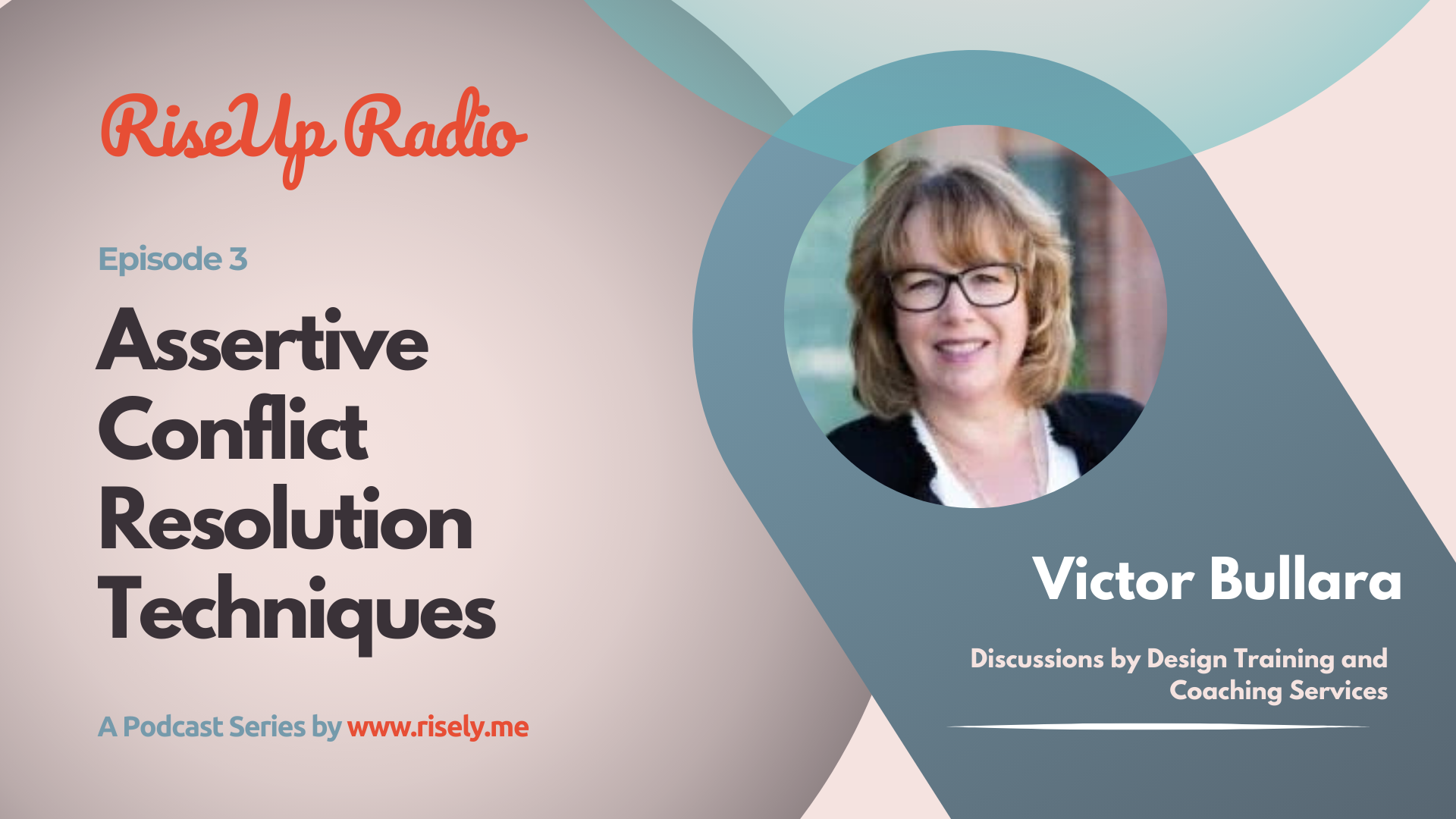7 Effective Hacks to Master Confrontation at Work (With Examples)
Working in a team can be a fantastic experience but it comes with challenges. One of the biggest challenges that people face is a confrontation at work. It can be difficult to navigate situations where you must confront someone about their behavior, work quality, or something else entirely. In this blog post, we will discuss workplace confrontations and how to handle them effectively. We will also discuss ways to prepare for confrontations and better manage them over time. So if you’re looking for tips on confronting someone at work or knowing how to handle a problem, keep reading!What is Confrontation at Work?
Confrontation at work refers to a situation in which two or more individuals express differing opinions, perspectives, or expectations directly and often assertively. For example, it can occur between coworkers, a manager, an employee, or employees and clients. Confrontation can be positive or negative depending on how it is handled. It can be an opportunity to resolve conflicts, build trust, and improve relationships or lead to resentment, animosity, and damage to working relationships. Positive confrontation involves using respectful communication and active listening skills to express concerns, clarify expectations, and seek mutually agreeable solutions. Negative confrontation, on the other hand, is characterized by aggressive communication, lack of respect, and an unwillingness to find common ground.How to be Better at Confrontation at Work?
Preparing yourself for confrontation at work can help you feel more confident and in control when faced with challenging situations. Here are some tips on how to prepare yourself to become better at confrontation at work- Identify the issue: Before entering a confrontation, it’s essential to understand the topic at hand clearly. Take the time to identify the specific problem or concern and what you would like to achieve through the confrontation.
- Practice active listening: Active listening is a crucial skill in confrontation. Listen carefully to what the other person is saying, ask questions for clarification, and reflect on what you have heard to ensure you understand their perspective.
- Manage your emotions: Confrontations can be emotional, but staying calm and in control is essential. Take a few deep breaths, focus on the issue, and avoid reacting impulsively.
- Consider the other person’s perspective: Try to see the situation from the other person’s perspective. This can help you to find common ground and reach a mutually agreeable solution.
- Plan your approach: Think about how you want to approach the confrontation. Consider the language you will use, your tone of voice, and your body language. Be clear and concise in your communication.
- Be open to compromise: Confrontations are an opportunity to find a solution that works for both parties. Be open to compromise and negotiate to reach a mutually beneficial outcome.
- Seek support if necessary: If you are struggling to prepare for a confrontation, seek help from a trusted colleague or manager. They can offer advice and guidance on how to approach the situation.

How to Handle Confrontations at Work?
Dealing with confrontation at work can be challenging but handling them professionally and constructively is essential. Here are some tips on how to deal with confrontation at work:- Stay calm: Stay composed during the confrontation, even if the other person is agitated. Taking deep breaths and focusing on the issue can help keep you grounded.
- Listen actively: Active listening is vital to resolving confrontations. Pay attention to what the other person is saying, ask questions for clarification, and reflect on what you have heard to ensure that you understand their perspective.
- Communicate clearly: Be clear and concise and avoid using accusatory language. Stick to the facts and avoid making assumptions or generalizations.
- Seek common ground: Look for areas of agreement or common ground to build upon. This can reduce tension and create a more productive dialogue.
- Stay respectful: Maintain a respectful tone and avoid personal attacks or insults. Focus on the issue at hand rather than the person.
- Collaborate on a solution: Work together to find a solution that meets both parties needs. Be open to compromise and negotiate to reach a mutually beneficial outcome.
- Follow up: After the confrontation, follow up with the other person to ensure that the issue has been resolved to both parties’ satisfaction. This can help to prevent future conflicts and build trust in the workplace.
Other Interesting Reads
How to Confront Someone at Work?
Confronting someone at work can be difficult, but it’s sometimes necessary to resolve conflicts or address problems. Here are some tips on how to confront someone at work productively and professionally:- Choose the right time and place: Find a time and place to have a private conversation without interruptions or distractions.
- Be specific: Be clear about the issue you want to address. Stick to the facts and avoid making assumptions or generalizations.
- Use “I” statements: Use “I” statements to express how you feel and what you would like to see happening. This can help to avoid sounding accusatory or confrontational.
- Listen actively: Listen carefully to the other person’s perspective and ask questions for clarification. Reflect on what you have heard to ensure you understand their perspective.
- Stay respectful: Maintain a respectful tone and avoid personal attacks or insults. Focus on the issue at hand rather than the person.
- Offer solutions: Be prepared to offer solutions or suggestions for resolving the issue. This can show that you are committed to finding a positive outcome.
- Follow up: After the conversation, follow up with the person to ensure that the issue has been resolved to both parties satisfaction. This can help to prevent future conflicts and build trust in the workplace.

Don’t Avoid Confrontation at Work: Here’s Why
- Unresolved Issues: Avoiding confrontations often means not addressing underlying problems or conflicts. Over time, these issues can fester and become more significant, potentially leading to more significant disruptions later on.
- Decreased Productivity: When problems are left unaddressed, they can negatively impact productivity. Team members may become less motivated or engaged, and work may not be completed to the best of their abilities.
- Resentment and Frustration: Team members who feel their concerns are not being heard or addressed may become resentful and frustrated. This can erode trust and collaboration within the team.
- Misunderstandings: Lack of communication can lead to misunderstandings among team members. This can result in confusion, misinterpretations, and mistakes that could have been prevented through open dialogue.
Conclusion
Confrontation at work can be uncomfortable, but they are a necessary part of any job. A confrontation can help clear the air, identify problems, and find solutions that benefit everyone involved. The key is approaching the situation with empathy, understanding, and an open mind. By preparing yourself mentally and emotionally before a confrontation occurs, you can increase your chances of handling it calmly and constructively. Remember to focus on the problem rather than the person to avoid escalating the situation.Assess your conflict management skills for free to get better!
Confrontations at work can be troublesome yet necessary. Ensure that you are ready to face the day by assessing your conflict management skills.
Frequently Asked Questions
How do you deal with confrontation at work?
Dealing with confrontation at work can be challenging, but there are effective ways to handle it:
– It’s essential to stay calm and composed during the confrontation.
– Listen actively to the other person’s perspective without interrupting, and communicate your thoughts and feelings assertively but respectfully.
– Work towards finding a solution or compromise that satisfies both parties.
– Remember to focus on the issue and not let personal emotions hinder finding a resolution.
– It’s essential to stay calm and composed during the confrontation.
– Listen actively to the other person’s perspective without interrupting, and communicate your thoughts and feelings assertively but respectfully.
– Work towards finding a solution or compromise that satisfies both parties.
– Remember to focus on the issue and not let personal emotions hinder finding a resolution.
But is confrontation good in the workplace?
Confrontation can be a healthy and productive tool in the workplace if it is done constructively and respectfully. It can lead to improved communication, problem-solving, and better working relationships. However, confrontation should never be aggressive or personal attacks on individuals. It is vital to approach confrontations with a clear goal and solution in mind. By doing so, you can ensure that the confrontation remains productive and does not become counterproductive or damaging to the work environment.
Which is an example of confrontation at work?
Confrontation can take many forms, such as disagreements over work responsibilities or project opinions. An example of confrontation is addressing a colleague who consistently fails to meet deadlines or complete assigned tasks or discussing how their behavior affects team dynamics with a coworker. It’s crucial to approach confrontation calmly and professionally and seek a resolution that benefits both parties.
What are confrontation skills?
Confrontation skills are the ability to address an issue or problem with someone respectfully and effectively. Good confrontation skills involve active listening, clear communication, and focusing on finding a mutually beneficial solution. It’s essential to remain calm and avoid becoming defensive during a confrontation. Practicing and preparing for potential confrontations can improve your confrontation skills, allowing you to approach difficult conversations with confidence and clarity.
Other Related Blogs
Assertive Conflict Resolution Techniques | Brenda Hooper
Assertive Conflict Resolution Techniques | Brenda Hooper Can assertive communication help you out in resolving conflicts? In this podcast conversation, we have Brenda Hooper, an experienced executive coach joining us…
7 Conflict Resolution Scenarios At Work For Practice
7 Conflict Resolution Scenarios At Work For Practice Conflict resolution is one of the most important people management skills you must master. If conflicts on your team go unresolved, you…
Conflict Coach 101: A Beginner’s Guide
Conflict Coach 101: A Beginner’s Guide Did you know? Since 2008, we have doubled the hours we spend in conflicts at work. Research by the Myers-Briggs Company suggests that an…
5 Secrets To Conflict Resolution At Work For Managers
5 Secrets To Conflict Resolution At Work For Managers Conflict is all too common. We often encounter this ever-present demon in our workplaces, too. The trouble is manifold for managers…


